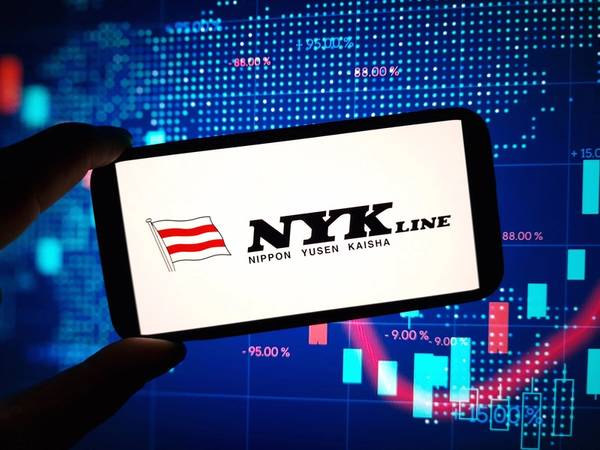
Three shipping and ship-management companies within the NYK Group—Asahi Shipping Co., Ltd., Hachiuma Steamship Co., Ltd., and Mitsubishi Ore Transport Co., Ltd.—will merge as part of a business integration.
Overview of New Company
Corporate Name: NYK Bulkship Partners Co., Ltd. (tentative)
President: To be determined
Amalgamation date: January 2026 (scheduled)
Head office: Tokyo
Business bases: Tokyo, Kobe
Number of owned vessels: 22
Number of managed vessels: 91 (including vessels owned by the company and vessels managed by subsidiaries)
The three companies plan to resolve the amalgamation at their respective general shareholder meetings. Additional details will be provided as soon as they are finalized.
As NYK Group companies, each of the three entities scheduled for integration has been developing its business by leveraging its strengths within its specialized business domain. The merger aims to further enhance competitiveness in ship management, as well as in ship ownership and operations, by consolidating similar business functions and strengthening common ship-management capabilities.




